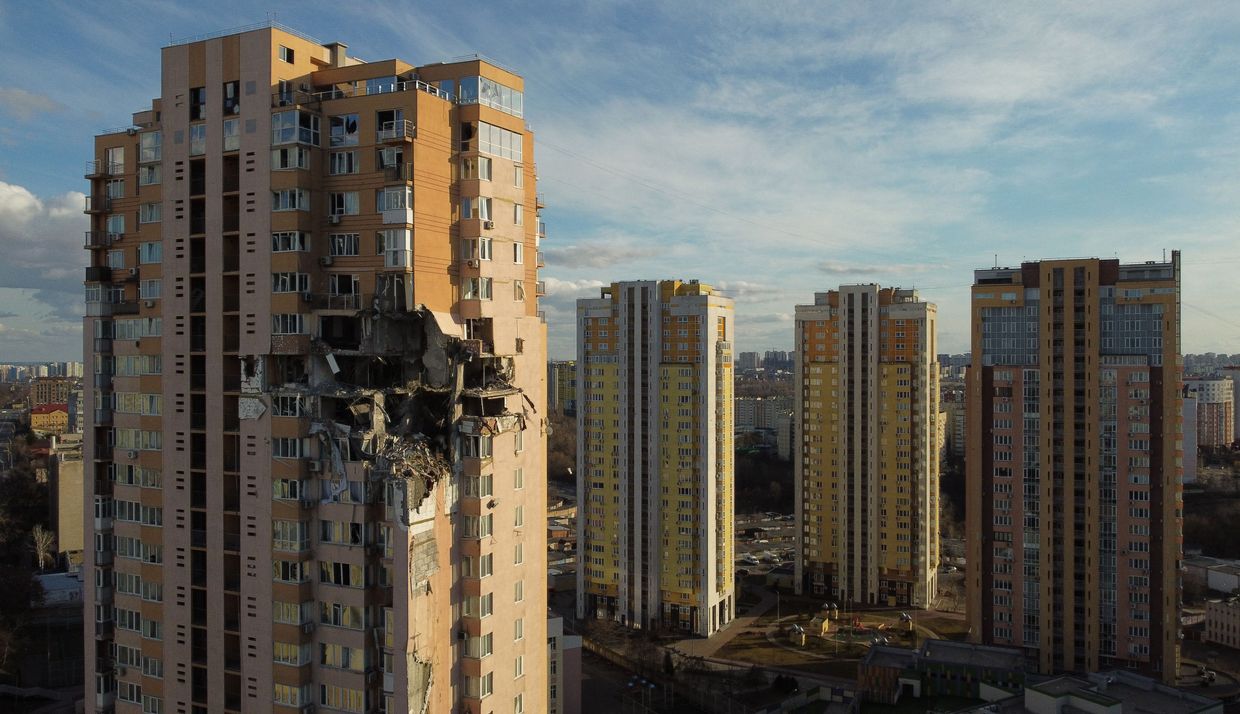Ukraine's parliament backs major tax hike in first reading

Ukraine's parliament approved on Sept. 17 a bill that proposes a tax increase of Hr 58 billion ($1.4 billion) in 2024 and Hr 137 billion ($3.3 billion) in 2025.
The draft law was introduced to the parliament as the country struggles to shore up its budget deficit amid Russia's ongoing full-scale war.
The bill would increase the military tax from 1.5% to 5%, set higher taxes for self-employed persons, impose a 50% tax on bank profits in 2024, and 25% tax on the profits of other financial institutions.
The parliament failed to gather enough votes to pass the initial version of the bill on Sept. 3, which was meant to bring an additional Hr 30 billion ($720 million) to the state budget.
Only after the revision by the parliamentary tax committee did enough lawmakers – 241 – support the bill. Before becoming law, the legislation must pass a second reading and be signed by the president.
After passing, the law will have to be antedated to Oct. 1 as it is unlikely to be approved until later in October, lawmaker Yaroslav Zhelezniak said.
Prime Minister Denys Shmyhal said in August that Ukraine faces a budget deficit of $35 billion next year, though foreign partners have pledged to cover roughly $20 billion of that sum.
Kyiv has grown increasingly reliant on external sources of financing, such as grants and loans from the EU, the U.S., the International Monetary Fund (IMF), and other partners as Russia's war continues to put heavy strain on the country's economy.
The proposed tax increase is part of an effort to find additional sources of funding at home, which may also include increased domestic borrowing and measures to boost the number of jobs and wages.
Despite the dire budgetary situation, the bill has received criticism due to its potential repercussions on already difficult living conditions in the country.
The ZN.ua media outlet conducted a survey in July that showed that around 32% of Ukrainian families have enough money only to buy food, while 9% said they even struggle to buy groceries.
The population's economic hardships are further compounded by the physical danger of Russian attacks and blackouts caused by Russia's drone and missile campaign against energy infrastructure.











